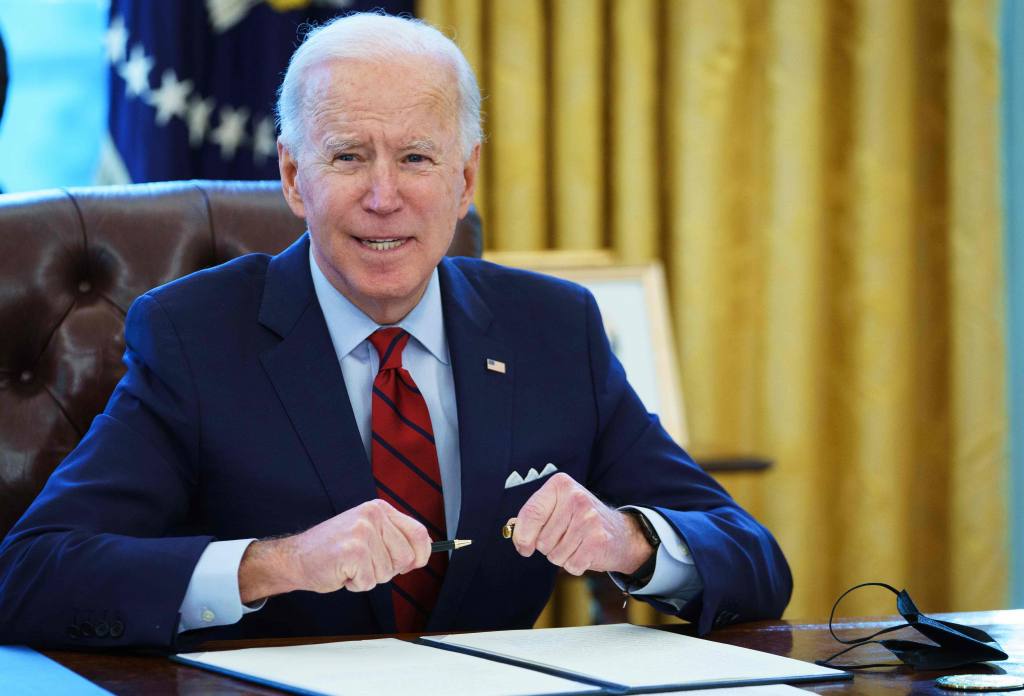US President Joe Biden is set to sign a memorandum to rescind the contested Mexico City Policy which was reinstated and expanded by the previous administration. The policy, which is also referred by critics as the global gag rule, bars the federal government from funding foreign non-profits involved in global health efforts if the organisations also perform and promote abortions. The presidential memorandum will be a part of a series of executive actions taken by the administration as promised during the poll campaign.
What is Mexico City Policy?
The policy was first announced by the Ronald Reagan administration in 1984 and came to force in 1985 and since then, it has been rescinded and reinstated multiple times strongly along party lines. On January 23, 2017, Trump signed a memorandum expanding the scope of the Mexico City Policy and a plan named ‘Protecting Life in Global Health Assistance’ was approved by the secretary of state to implement the expansion.
In order to receive US global health assistance, the foreign nongovernmental organisations need to certify that they do not use their own non-US funds to promote or provide abortion. The promotion of abortion includes counselling patients about the option of abortion, referring them for abortion, or even advocating for the liberalisation of abortion laws. The policy has been, for the most part, reinstated or rescinded through executive actions and has been in effect for 20 of the past 35 years.
Why critics deem the amended policy worse than previous versions?
The previous versions of the Mexico City Policy applied only to US family planning funds which, according to a report by Human Rights Watch, was around $575 million. The expansion of restrictions to US global health assistance amounting to an estimated $8.8 billion, which includes aid for family planning and reproductive health, maternal and child health, prevention and treatment of tuberculosis, infectious diseases, and sanitation among others.
The policy would have forced the organisations to either lose funds from the United States for health assistance or restrict its reproductive health programs largely underway in the middle- and low-income countries. According to Human Rights Watch, the policy triggered reductions in key sexual and reproductive health services from well-established organisations.
Fuente: Hindustantimes

